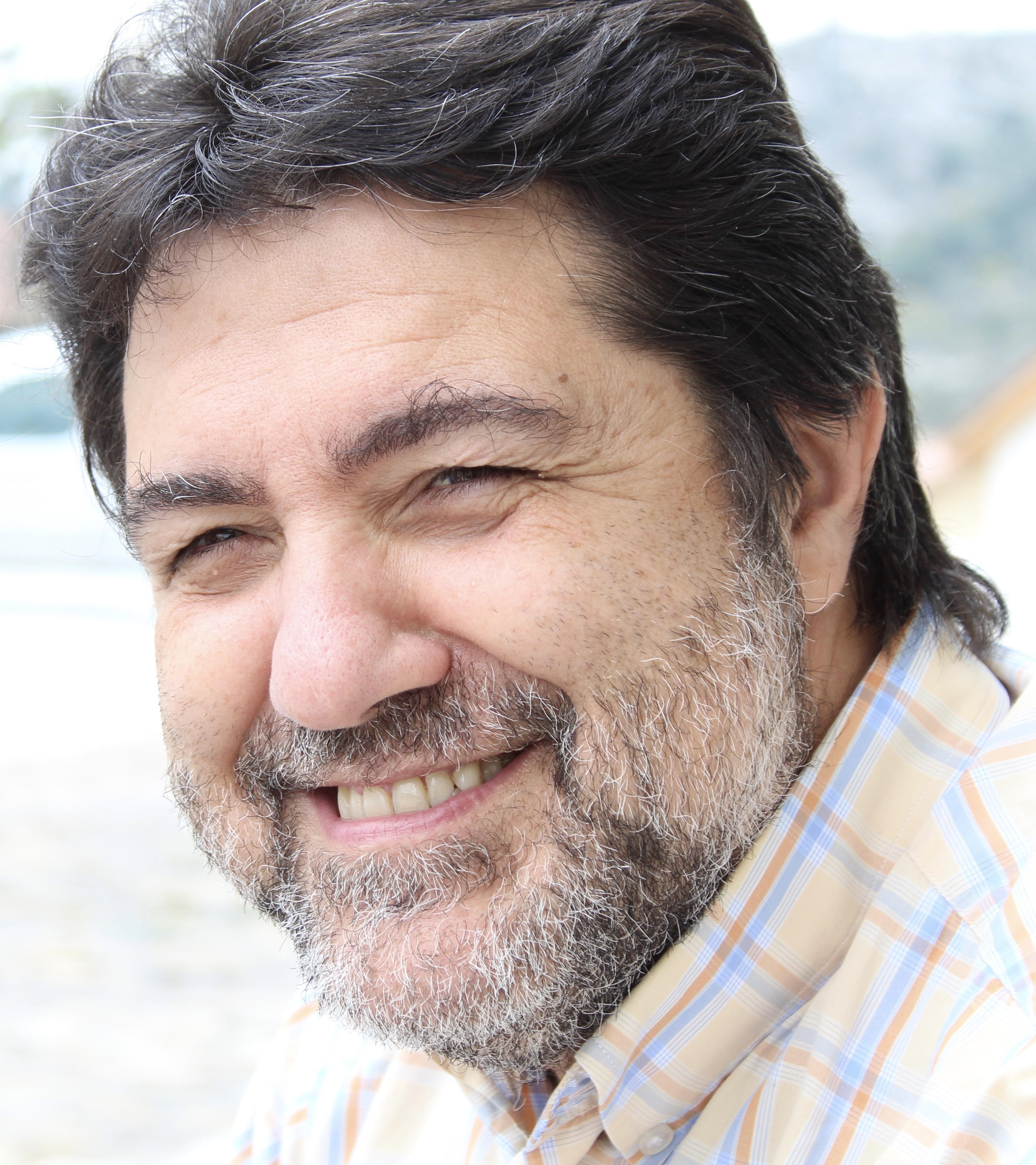Defense & Security
NATIONAL-POPULISM STRIKES BACK

Image Source : Stutterstock
Subscribe to our weekly newsletters for free
If you want to subscribe to World & New World Newsletter, please enter
your e-mail
Defense & Security

Image Source : Stutterstock
First Published in: May.31,2023
Jul.25, 2023
With Trump's defeat at the end of 2020, the threat of national-populism was thought to have been contained. Russia's attack on Ukraine, with all the economic difficulties and uncertainties regarding European and global security, reinforced the perception that Putin's friends in Europe, namely populist nationalists, would have a harder time selling their proposals. NATO enlargement was pushed and capitalized on by supporters of the liberal order, whether conservative or social democratic. Some saw Marine Le Pen's defeat in May 2022 as the first confirmation of this downward trend.
Outside of Europe, Bolsonaro's embarrassing experience in Brazil was coming to an end, despite the desperate attempts of his supporters to disrupt Lula's inauguration, which crudely imitated the events of January 6th in America. The containment of the economic crisis after the initial months of panic over a possible energy shock, along with the advancement of Biden's "reconstructionist" agenda and the poor results achieved by the Trumpian Republicans in the US mid-term elections, seemed to dispel that threat. The stalling of Russia's special operation in Ukraine was another positive factor for liberal analysts.
But alongside these "positive" signs, there were others of the opposite nature that suggested a more cautious evaluation. While Trump's protégés may have stumbled, the master himself, despite initial judicial setbacks, was strengthening his aspirations to return to the White House. His conservative rivals (DeSantis, Haley, etc.) were lagging far behind him in the polls, even though the presidential contest was still a long way off. Meanwhile, the Republicans were preparing for yet another hijacking of the political system with the artificial and irresponsible "debt ceiling" crisis (1), which had tied up President Biden's already limited political energy for weeks. The amicable understanding between Moscow and Beijing served as a compensation for the mistakes and incompetence displayed by the Kremlin and/or the Russian armed forces in Ukraine.
In Europe, successive elections have been contradicting the predictions of a decline in national-populist enthusiasm. On the contrary, the far-right has been actively asserting its influence in a region that had long been resistant to their ideas: Scandinavia. The Social Democrats' narrow victory in Sweden and Finland has paved the way for coalition governments between the conservative right and xenophobic nationalists.
In Italy, the comeback of the conservative triad was completed last fall, but this time led by the most explicitly nationalist party, the successor of fascism: the Fratelli (Brothers). Giorgia Melloni became the first far-right leader to head a government in Western Europe since World War II.
In recent months, there has been a growing perception that national-populism, once considered a critically ill patient, is in robust health. This has raised concerns among academics and liberal analysts, prompting calls to strengthen centrist alternatives once again.
The triumph of New Democracy in Greece (which will be further strengthened by the June rerun elections) should be noted, apparently due to the efforts of the conservative-liberal right wing represented by the European People's Party. However, Mitsotakis, despite his cosmopolitan image, liberal economic policies, and American education, has pursued a migration policy similar to that advocated by the far-right across Europe, with little opposition from his European counterparts.
A similar narrative was once employed by Sarkozy in France. In December of last year, his party, Les Républicains, elected its new leader. Éric Ciotti emerged as the most extremist candidate in the race, bearing little difference from Marine Le Pen and hardly any from Éric Zemmour, the xenophobic propagandist with no political affiliation who failed in the last presidential election. Macron's challenges stemming from the severe social crisis caused by the pension reform have given rise to the resurgence of the ailing traditional right-wing party, now under the influence of its far-right faction.
In Germany, polls indicate a rise of the xenophobic Alternative for Germany (AfD). And in Central Europe, which is so influenced by German dynamics, national-populism is not letting up either. It continues to hold firm in Hungary and the Czech Republic and may revalidate its dominance in Poland this autumn, although the ruling PiS (Law and Justice) is reinforcing its autocratic actions with the excuse of the war in Ukraine. The latter is the great exception as far as Russia is concerned. The ultra-conservative Polish nationalists of PiS are the most fervent enemies of Moscow in Europe, for well-known historical reasons, hence they have only empathized with right-wing populists alien to any pro-Russian fickleness.
The latest election results at the two ends of the Mediterranean, Spain and Turkey, confirm the consolidation of this trend. Erdogan has won with an unqualified commitment to populist nationalism, in this case compatible with a pragmatic harmony with the Kremlin. The average Turk, and certainly the most popular strata, care little that their President is on good terms with Putin, even at the cost of irritating his formal NATO allies. Only Turkey's interests count, and that means an autonomous foreign policy, free of servility and dependence. This is Erdogan's discourse, together with other levers that have worked well for him in the past: the fallacious exploitation of the Kurdish terrorist danger, the manipulation of economic levers, the abusive use of the instruments of the State and other tricks typical of authoritarian regimes. Nothing has deprived him of obtaining in the second round what he lacked in the first round: the support of the extremist residual sectors with which to complete an electorate addicted to strong manners, to supreme authority, to the illusion of a country jealous of not obeying anyone's impositions.
A liberal Turkish analyst, Soner Cagaptay, resident in the United States, affirms that Erdogan has assumed the "model of Putin's authoritarian regime", and points out its main characteristics: persecution of political opponents, absolute control of the media, emptying of the real functions of the institutions, purge of the apparatus of power, etc. In this ever closer confluence, according to Cagaptay, Erdogan's gratitude to his Russian colleague for having been the only world leader of weight to support him after the attempted military coup in 2016 has played a major role.
The fact that the two countries have sometimes different geostrategic interests does not detract from a more than fruitful diplomatic and security cooperation. Erdogan sells drones to Ukraine, but does not participate in the economic siege against Russia and mediates in the crucial issue of Ukrainian grain exports. Where the West sees contradictions and even disloyalty, most Turks appreciate independence, security and firmness. The opposition has failed through a combination of bungling (misreading Erdogan's popularity) and impotence (stifling exercise of power). The challenger Kilicdaroglu believed that by imbuing his discourse with a nationalism of occasion and incorporating into his grand coalition extremist forces suspicious of the current President, he could attract a sector dissatisfied with the economic crisis and authoritarian abuses. This has not been the case. Once again, the copies work worse than the original.
The recent Spanish electoral result has its own profiles, as all of them, but it is not alien to this new growing trend of national-populism. And not only because of the rise of VOX, after a period in which it seemed to regress (like its counterparts in the rest of the West).
Perhaps the great winner of the regional elections has been Isabel Díaz Ayuso. Despite being the leader in Madrid of the Popular Party (of conservative-liberal line on the European board, like the French Ciotti), her style of government, politics and propaganda is very similar to right-wing populism, although she is careful not to repeat the xenophobic clichés of VOX.
The relationship with his adversaries resembles the one practiced by Trump, because of his direct, apparently uncomplicated, confrontational registers and without the slightest concern for liberal political correctness. Like the former hotelier president, he had no qualms about stirring up the shadow of the "pucherazo" in the days leading up to the elections, just in case things went wrong.
The president of Madrid is similar to Giorgia Meloni in her repugnance for ideological subtleties, but her discourse is more astute. Ayuso uses plain language, sometimes populachero, to show that she is not afraid to fight with the left in a priori adverse terrain. Against all evidence, he defends his management of essential public services, which he has significantly weakened. Meloni is already doing so, without delay.
With Erdogan he coincides in brazenly using the invented complicity of his rivals with the "terrorists and/or separatists" (Kurds or Basques and Catalans, as the case may be), in order to discredit them. These are simplistic and fallacious messages, which count on the complacency of most of the media, hence they are effective, in times of tribulation and crisis, of exaggerated international threats and social anxieties derived from the effects of the pandemic.
First published in :

Graduate in Journalism and Contemporary History. Specialized in International Information throughout his professional career of more than thirty years in Public Radio and Television. He is currently retired from RTVE and collaborates with Fundación Sistema and several digital publications, with analysis on international current affairs. Professor in the Master's Degree in International Relations and Communication at the Complutense University of Madrid (2000-2012), until its disappearance. Lecturer at several summer universities on international affairs. He has published a novel related to the war in Yugoslavia, entitled "After the end" (2012).
Unlock articles by signing up or logging in.
Become a member for unrestricted reading!